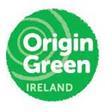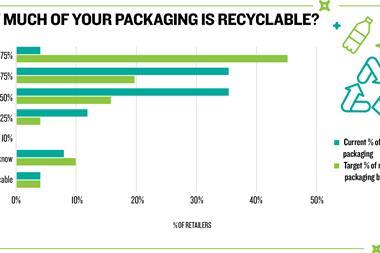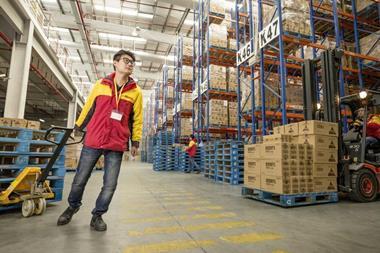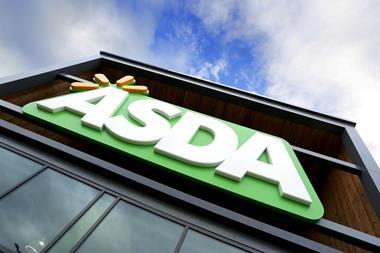The increasing desire for ethically sourced products can be broken down into three key attitudes towards sustainability.
Demand for sustainable food is on the rise. Consumers are more environmentally conscious than ever before and are becoming more inclined to want full transparency around the origin of their purchases.
In February 2017 Tesco reported a 15% rise year on year in organic food sales.
Demand for responsibly sourced products is being led by ethically aware millennials, and retailers will need to take note and adapt their propositions if they are to win spend from this demographic in the future.
Research carried out in 2016 by Bord Bia, the Irish Food Board, identified the three key consumer motives behind the sustainability trend.
1. No time for waste
Consumers are increasingly frustrated with having to deal with large amounts of waste. Products are now expected to be easily recyclable/repurposable and designed to involve less waste in the first place. Waste is becoming socially unacceptable.
2. Brand responsibility
Expectations for brands to minimise their negative environmental impact are the highest they’ve ever been. Consumers want to see evidence of a positive contribution to solving global problems, as well as providing them with solutions that enable them to live eco-friendly, ethical lives.
3. A team effort
We have entered a new era of optimism. Individuals increasingly feel that they have the power to make a difference in the world by working together with others in their social networks, whether real or digital.
No longer reliant on business and local authorities to instigate change for the better, today’s proactive and like-minded consumers are doing it for themselves.
How to stay relevant
As the traditional balance of power continues to shift from brand to consumer, retailers need to be aware of how these attitudes affect purchasing decisions.

Progressive retailers and brands are making moves to ensure they stay relevant.
M&S, Sainsbury’s, Tesco, Walmart, Alibaba, Asda and Mars are all involved in the Origin Green Ambassadors programme.
Developed by Bord Bia, the programme gives retailers the opportunity to drive forward coherent and effective approaches to sustainability.
The programme gives retailers access to ambassadors (all educated to master’s degree level in business sustainability), who help them understand how to up their sustainability game.
At the heart of the programme are two interlinked pillars – education and partnership with major international food companies.
Speaking about the initiative, David Pendlington, senior chocolate sustainable sourcing manager at Mars, says: “Our ambassadors have been a great asset.
“Products are now expected to be easily recyclable or repurposable and designed to involve less waste in the first place. Waste is becoming socially unacceptable”
“We used their agricultural and sustainability backgrounds to upskill our commercial team in the realities facing farmers on the ground and what could be feasible in terms of sustainable sourcing strategies.”
Retailers would be wise to wake up to the increasing number of consumers adopting a sustainable lifestyle.
Consumers are willing to pay a premium for responsibly sourced products and will walk away from brands that don’t help facilitate their desire to do good.
Find out how you can get involved with the programme by sending us an email.






























No comments yet